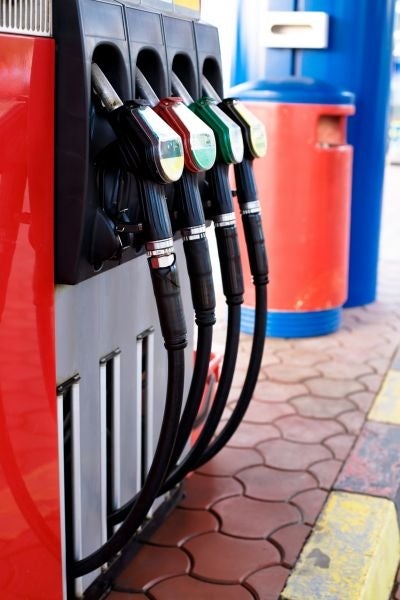Your support helps us to tell the story
From reproductive rights to climate change to Big Tech, The Independent is on the ground when the story is developing. Whether it's investigating the financials of Elon Musk's pro-Trump PAC or producing our latest documentary, 'The A Word', which shines a light on the American women fighting for reproductive rights, we know how important it is to parse out the facts from the messaging.
At such a critical moment in US history, we need reporters on the ground. Your donation allows us to keep sending journalists to speak to both sides of the story.
The Independent is trusted by Americans across the entire political spectrum. And unlike many other quality news outlets, we choose not to lock Americans out of our reporting and analysis with paywalls. We believe quality journalism should be available to everyone, paid for by those who can afford it.
Your support makes all the difference.Consumers can save themselves money by opting for non-premium fuel, a leading US consumer website has said.
As the price of oil continues to rocket, having a knock-on effect on the forecourt, Edmunds.com is telling US consumers that modern engines mean that many cars which typically use premium can run perfectly well on regular gasoline.
To help, the organization last week released a list of vehicles which "require" premium fuel and a list for which it is just "recommended," meaning that the driver could switch to regular gasoline which is cheaper.
"You'll find that in today's automobiles, advances in engine technology mean that even if the owner's manual recommends premium gasoline, the car will typically run on regular without knocking," said the firm's Consumer Advice editor Philip Reed.
"Its performance will suffer only slightly: perhaps it might be a half-second slower from zero to 60 mph (100km/h)."
Premium fuel generally refers to gasoline with a higher octane rating, used in some high-performance vehicles which require more power - although its availability has led to the assumption that using it somehow increases the power of a car, which isn't always true if the vehicle in question hasn't been designed for it.
Unless specified by the manufacturer, standard fuel will almost always suffice for vehicles, and in many cases it can even be used safely in vehicles where premium is recommended (although using the wrong type of fuel can result in expensive engine damage).
In the UK, for instance, cars must be able to run on both standard and high-octane fuel, according to a technical specialist from British motoring organisation the AA.
Learn more from Edmunds.com (US): http://www.edmunds.com/fuel-economy/to-save-money-on-gas-stop-buying-premium.html
Learn more from the RACQ (Royal Automobile Club of Queensland) (Australia): http://www.racq.com.au/motoring/cars/car_advice/car_fact_sheets/high_octane_fuels

Join our commenting forum
Join thought-provoking conversations, follow other Independent readers and see their replies
Comments